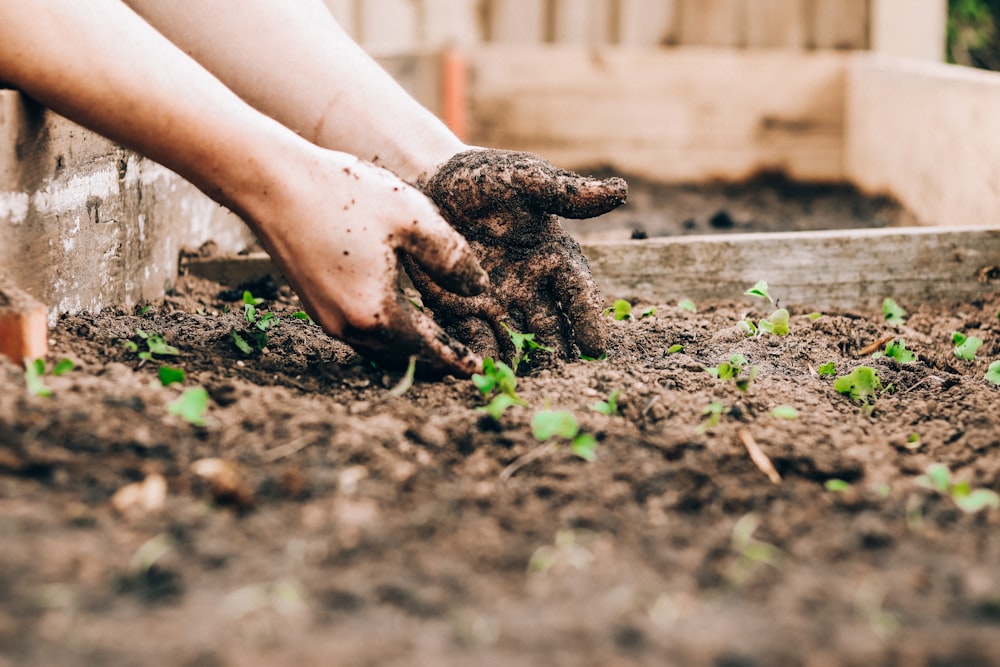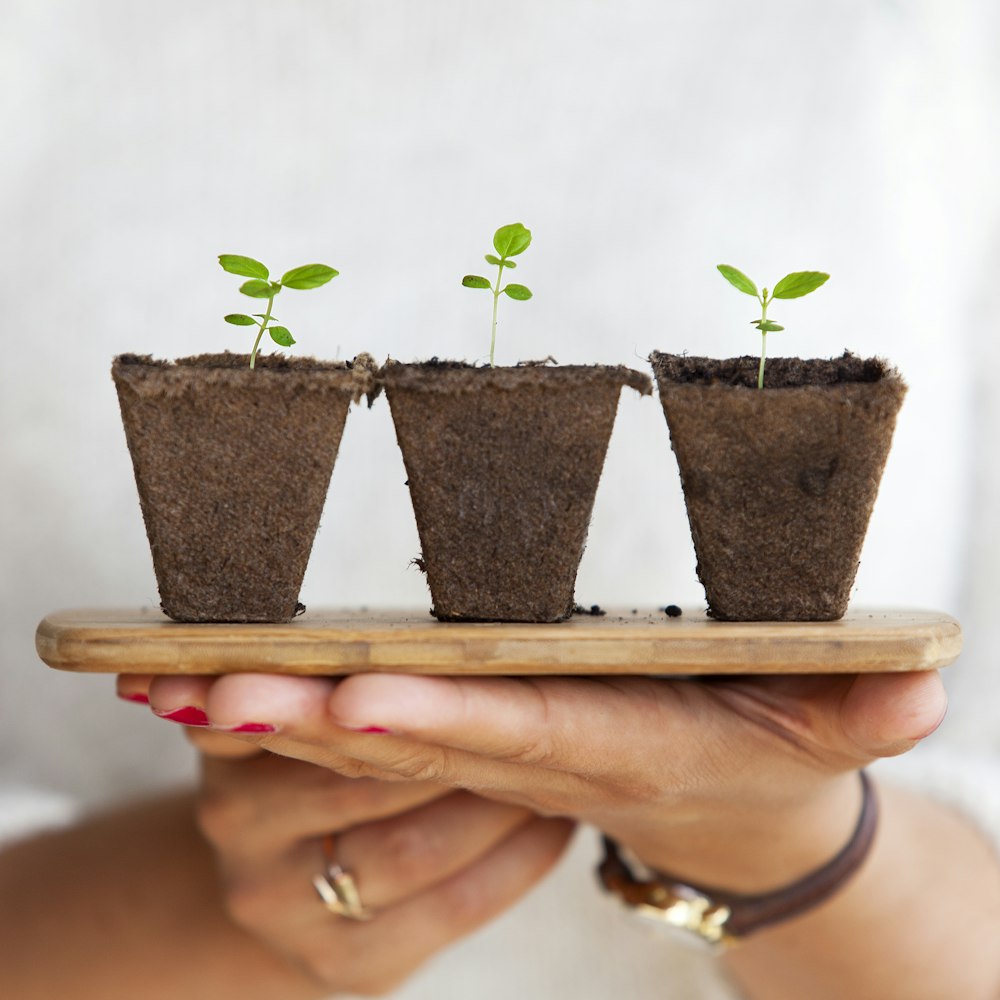Your Cart is Empty
TALK TO AN EXPERT: Call, Text or Chat Mon-Friday 10AM-5PM CST [ 1-844-WILDOAK ]
Menu
-
- Berkey Water Filter Systems
- Portable Solar Generators
- Martin Propane Heaters
- Composting Toilets
- DIY Buildings & Kits
- Canvas Tents
- Homestead & Off Grid Supplies
- Harvest Right Freeze Dryers
- Emergency Food Kits
- Water Filter Systems
- Hunting Blinds
- Solar Air Conditioners
- Solar Fridge & Freezers
- Electric Coolers
- Overlanding Gear
- Two Person Cots
- Portable Saunas
- Incinerating Toilets
- BeeKeeping
- Poultry Processing
- Dairy Equipment
- Coolers
- Faraday Defense
- EMP Shield
- Propane Wall Heaters
- Hunting Blinds
- Compost Tumblers
- Drip Irrigation Kits
- Shade Cloth
- Brands
- Chicken Coop Brands
- Composting Toilet Brands
- Solar Brands
- Food Storage Brands
- Freeze Dryer Brands
- Water Filtration Brands
- Incinerating Toilet
- Dry Flush Toilet Brands
- Waterless Toilet Brands
- Heater Brands
- EMP Shield Brands
- Tent Brands
- Cot Brands
- Cooler Brands
- Stove & Grill Brands
- Dog Kennels
- Greenhouse & Gazebo Brands
- Portable Saunas
- DIY Shed Kits
- About Us
- Resource Center
- The Ultimate Prepper & Emergency Survival Blog - Includes Free eBook
- Beginners Guide to Living off The Grid - Includes Free eBook
- Building Your Own Emergency Food Supply
- Best Survival Food to Be Prepared for Anything
- Berkey Lab Tests & Certifications
- Federal Solar Tax Credit - What You Need to Know
- BLOG
-
- 1-844-945-3625
- Login

TALK TO AN EXPERT: Call, Text or Chat Mon-Friday 10AM-5PM CST [ 1-844-WILDOAK ]
Nature's Head Composting Toilet: Using your own Compost in your garden
Using Composting Toilet Waste in Gardens: A Sustainable Practice for the Eco-Conscious Gardener
In today's environmentally aware society, the innovative practice of using composting toilet waste in gardens stands out as a beacon of sustainability. This approach, particularly through the Nature's Head composting toilet, showcases how we can turn our human waste into a valuable resource for our gardens. The composting process involved in these toilets offers a practical and eco-friendly solution to waste management, transforming what would traditionally be considered waste into nutrient-rich compost.
The Basics of Composting Toilets and Garden Use
Understanding the Nature's Head Composting Toilet
At the core of this sustainable practice is the Nature's Head composting toilet, a device designed to separate liquid and solid wastes. This separation is crucial for the composting process, where solid waste is broken down into usable compost, while liquid waste is collected in a liquid waste container. Such design features, including a urine tank holder and a solid waste container, make the Nature's Head an ideal solution for eco-conscious households.

The Composting Process: Turning Waste into Gold
The transformation of human waste into compost is a nuanced process. It involves the addition of sphagnum peat moss or coconut coir to the solids bin, aiding in the breakdown of solid waste. This dry compost medium works alongside natural decomposition to convert waste material into composted material, suitable for garden use. The liquid waste container serves to manage liquid wastes, ensuring that the composting environment remains balanced.
From Toilet to Garden: The Journey of Compost
Once the composting chamber of the Nature's Head toilet has done its work, and the human waste compost is fully composted, it's ready to be used in the garden. This compost, rich in nutrients, is especially beneficial for non-edible plants, providing them with a boost of growth without the use of chemical fertilizers. The proper composting actionwithin the toilet ensures that the compost is safe and effective for garden use.
Practical Tips for Using Composted Material in Your Garden
Preparing Your Garden for Compost
Before placing human waste compost in your garden, it's essential to understand the best practices for its use. Composted material should be fully matured, exhibiting a soil-like odor and texture. This indicates that the compost pile is ready to nourish your garden, enriching the soil with natural diatomaceous earth and other organic compounds.
Enhancing Soil Health with Composted Toilet Waste
The addition of Nature's Head toilet compost to your garden soil is a step towards sustainable soil management. This compost material acts as a natural fertilizer, improving soil structure, moisture retention, and nutrient content. For those concerned about safety, it's recommended to focus on using this compost for ornamental plants, ensuring a safe distance from edible plants to prevent any possible contamination.
FAQs About Composting Toilet Waste for Gardens
Q: Can composting toilet waste be used for all types of plants? A: While it's rich in nutrients, it's best used for ornamental or non-edible plants to ensure safety.
Q: How long does it take for toilet waste to become compost? A: The composting process for toilet paper can vary, but typically it takes a few months for waste material to be fully composted and safe for garden use.
By embracing the use of composting toilet waste in gardens, gardeners can contribute to a more sustainable and eco-friendly world. The Nature's Head composting toilet offers a practical and effective way to turn human waste into a valuable resource, closing the loop in our waste management practices. This approach not only benefits our gardens but also the planet, promoting a healthier, more sustainable relationship with our environment.
Cherry May
Cherry May, the heart of Wild Oak Trail as the Store Manager, brings an unmatched dedication to customer service enriched by six years of hands-on experience and learning. Her journey with Wild Oak Trail has seen her evolve into a cornerstone of the community, renowned for her expertise in off-grid living, solar generators, and comprehensive prepping. Customers and colleagues alike applaud her for an impeccable service ethos, effortlessly blending profound knowledge with a genuine commitment to meeting every individual's needs.
Leave a comment
Comments will be approved before showing up.


